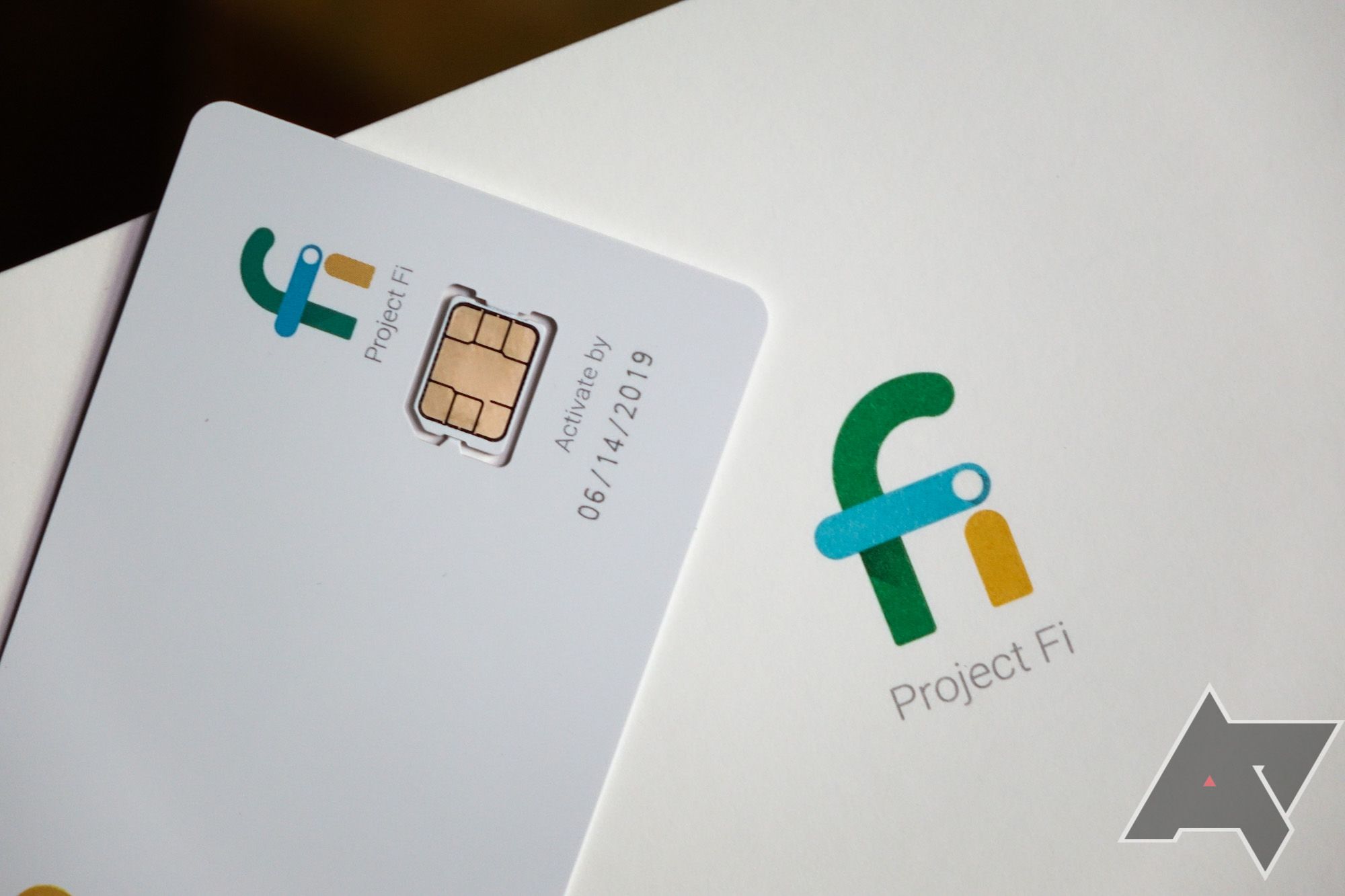Back in April, Google announced that it was pausing work on its Allo chat client to focus more on its RCS-enabled texting app, Android Messages. News of an upcoming web client for Messages was released alongside the announcement (something we’d known about for months), making it seem like Google was all-in on its SMS and RCS platform going forward. Now, that web client has arrived, and RCS continues its rollout around the world. The one, slight wrinkle? Google’s branded carrier, Project Fi, doesn’t even support RCS. And there’s still no timeline as to when it will.
RCS (Rich Communication Services) has been hailed as the ‘iMessage for Android,’ meant to finally bridge the feature gap between Apple’s closed communication platform and the ancient SMS standard. RCS chat won’t actually work with iMessage, of course - Apple doesn’t want it to (which is to say, you’ll be stuck with regular SMS when chatting with iPhone users for the foreseeable future). But if Google’s vision is to be believed, RCS will eventually become just as ubiquitous and universal as SMS, without all of the annoying limitations of a technology that is rapidly approaching its 30th birthday.
RCS supports features like typing status indicators, rich media content (read: no more awful MMS quality videos), inline links, no practical character limit, and a host of other improvements meant to make it a modern, robust chat platform.
But all these years later, it’s iMessage, ironically, that has kept SMS around.
While those of you outside the US (and some inside) are likely saying “who cares about an SMS replacement?” there remains substantial demand for such a thing in America. SMS became highly popular in the US because carriers here priced text messaging fairly competitively in the dumbphone days, and by the time most modern smartphones rolled around, pretty much every US carrier offered unlimited texting for a reasonable fee - and pretty much everyone was using it. The iPhone even relied solely on SMS for a while, as the first iteration of iMessage didn’t launch until iOS 5 in 2011.
But all these years later, it’s iMessage, ironically, that has kept SMS around. The immense popularity of Apple’s smartphone in this country made iMessage an overnight success, but Apple understood that its customers still needed to communicate with people on feature phones or competing smartphone platforms. The solution? Bake SMS directly into iMessage. This made SMS the most convenient way to communicate with someone with an iPhone if you didn’t have an iPhone yourself, and vice versa. Outside America, the iPhone’s growth was slower and competing platforms like Android were more successful. And, more importantly, SMS was and often still is expensive in many countries, which led to the rise of free, web-based chat services like WhatsApp, Telegram, LINE, WeChat, and others (like Google Hangouts or Facebook Messenger). In the US, though, cheap, abundant, and interoperable SMS was king.
The launch of the web interface for Android Messages would have been a perfect time for Project Fi's RCS unveil. Image via The Verge.
SMS, though, has reigned only by virtue of an absent heir-apparent. SMS is slow, unreliable, extremely feature-poor, and relies on a phone number - something that is highly identifiable and easily discoverable - making it subject to abuse. RCS is meant to address much of this, and Google has been at the forefront of pushing the standard ahead. Why, then, does its own wireless provider quite conspicuously lack the feature?
SMS is slow, unreliable, extremely feature-poor, and relies on a phone number - something that is highly identifiable and easily discoverable.
Signs that Google is testing RCS among Fi users have occasionally been spotted, but Google itself has never commented on when Project Fi will support RCS (when asked, Google was willing to confirm to us RCS is coming to Fi, but no timeline was provided). Speculation on this issue has generally centered in on a logical conclusion: because Project Fi is spread across several networks, many believe all the networks Fi operates on must support RCS before it is enabled.
Google was so eager to launch RCS last year that it presented a model where carriers could utilize a Google-operated “hub” to send messages from their subscribers to carriers on others, easing the process of adoption. Nobody got on board, which makes Google’s story about carrier enthusiasm for the standard a little hard to swallow.
Still, you’d have to think a standard as modern and internet-based as RCS wouldn’t have to worry about something as silly as network-level adoption, right? Isn’t this all just easily virtualized bits and bytes that can be run on the virtual Project Fi network (Project Fi is an MVNO - Mobile Virtual Network Operator). The short answer is: we don’t know. But given how keen Google has been to push RCS and even go out of its way to promote the standard by announcing the effective death of its own proprietary chat platform, you’d have to be nuts to think Google wouldn’t want to make Project Fi a showcase for that standard. And yet, here we are.
Hopefully, we won't be "here" much longer.

